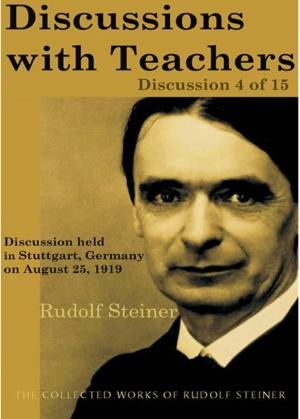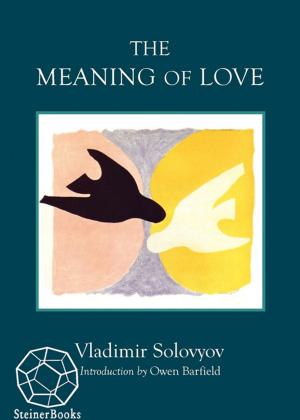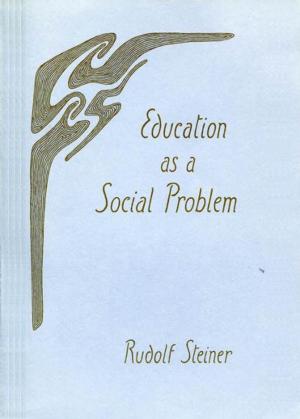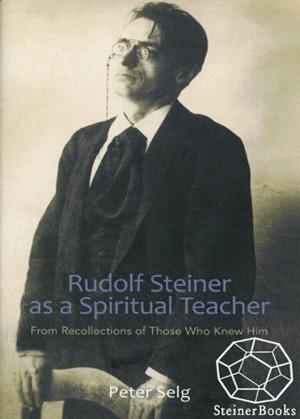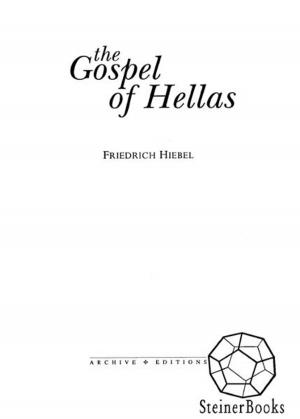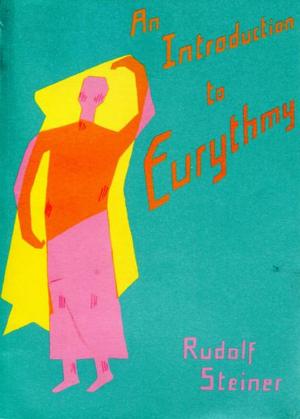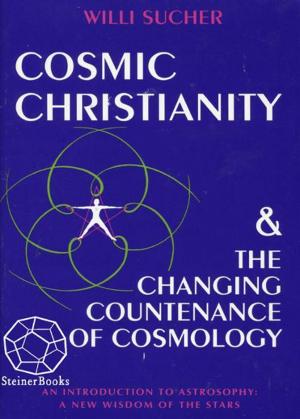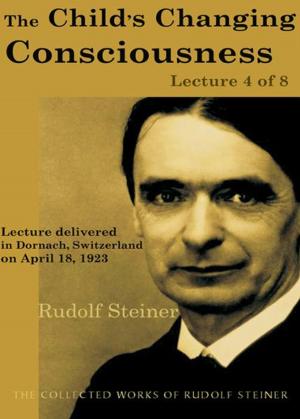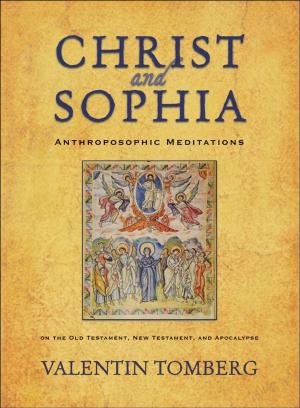| Author: | Andrei Bely | ISBN: | 9781621511397 |
| Publisher: | SteinerBooks | Publication: | December 15, 2009 |
| Imprint: | Pforte Verlag | Language: | English |
| Author: | Andrei Bely |
| ISBN: | 9781621511397 |
| Publisher: | SteinerBooks |
| Publication: | December 15, 2009 |
| Imprint: | Pforte Verlag |
| Language: | English |
Andrei Bely was one of the most prolific poets, novelists, and theoreticians among the Russian Symbolists. Engaged throughout his life with the essence of language, his thoughts and findings emerge repeatedly in his essays and novels. None of his writings on the subject, however, are as remarkable and multi-faceted as this Poem about Sound. Glossolalia is a complex examination of philology, philosophy, esoterica, and poetry, all in search of the relationship between sound and sense. It reverberates with sound associations and transcends all boundaries of language, discipline, and tradition. It is simultaneously a treatise on the origins of language and the worlds creation through the movements of sounds. Bely reenacts, through the mouth, the cosmology of Rudolf Steiner. Belys work, in its bold attempt to invoke the "living word," remains one of the most far-reaching poetic experiments of the twentieth Century, and this edition offers his fascinating text for the first time in both an English and a German translation, along with the original Russian version and an in-depth commentary by Thomas R. Beyer.
Andrei Bely was one of the most prolific poets, novelists, and theoreticians among the Russian Symbolists. Engaged throughout his life with the essence of language, his thoughts and findings emerge repeatedly in his essays and novels. None of his writings on the subject, however, are as remarkable and multi-faceted as this Poem about Sound. Glossolalia is a complex examination of philology, philosophy, esoterica, and poetry, all in search of the relationship between sound and sense. It reverberates with sound associations and transcends all boundaries of language, discipline, and tradition. It is simultaneously a treatise on the origins of language and the worlds creation through the movements of sounds. Bely reenacts, through the mouth, the cosmology of Rudolf Steiner. Belys work, in its bold attempt to invoke the "living word," remains one of the most far-reaching poetic experiments of the twentieth Century, and this edition offers his fascinating text for the first time in both an English and a German translation, along with the original Russian version and an in-depth commentary by Thomas R. Beyer.


